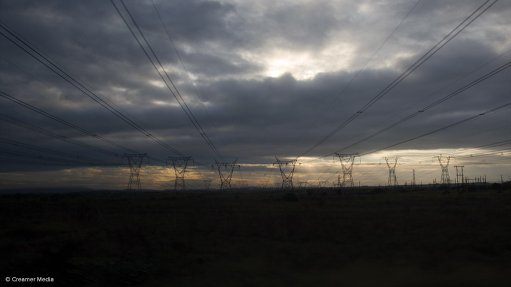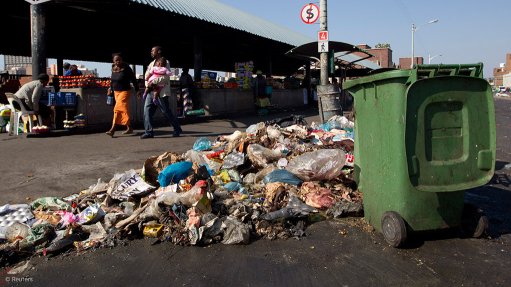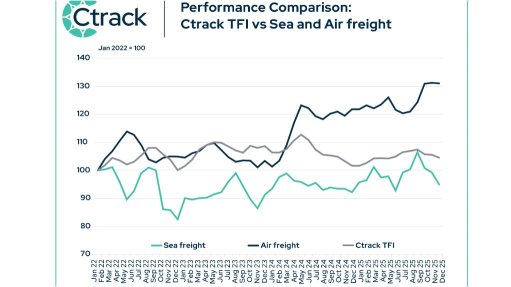Valuer numbers need boosting to avoid possible crisis

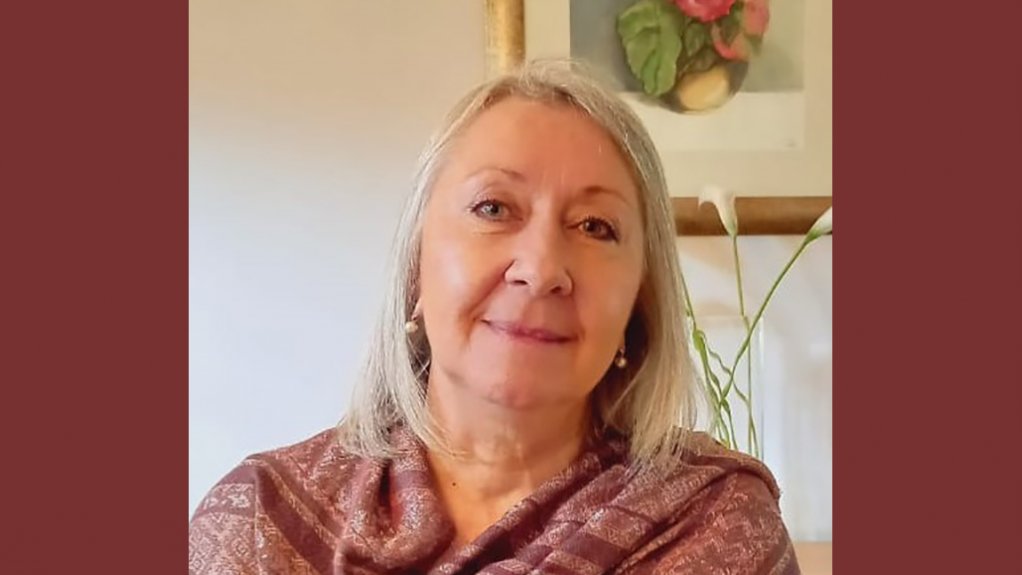
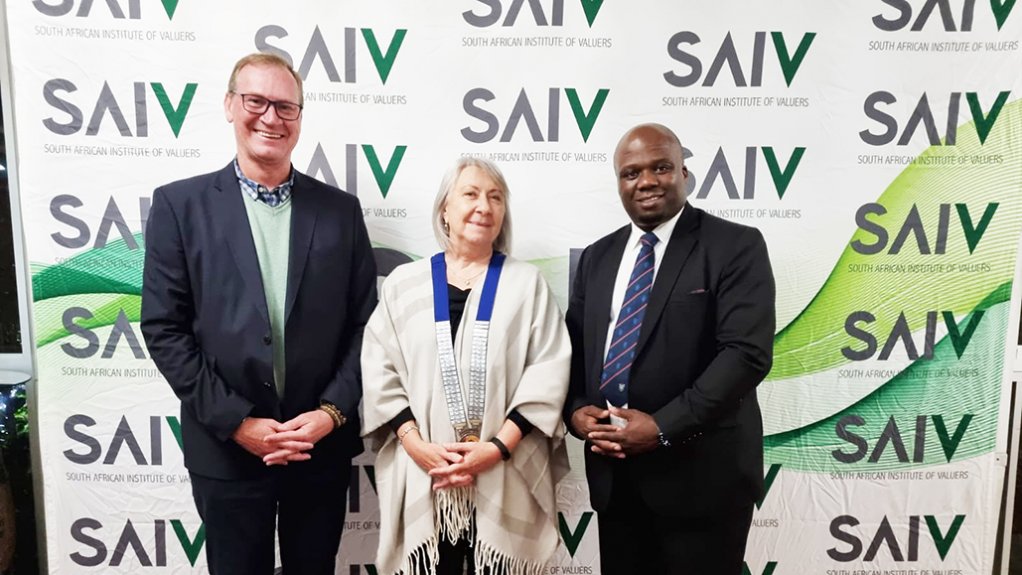
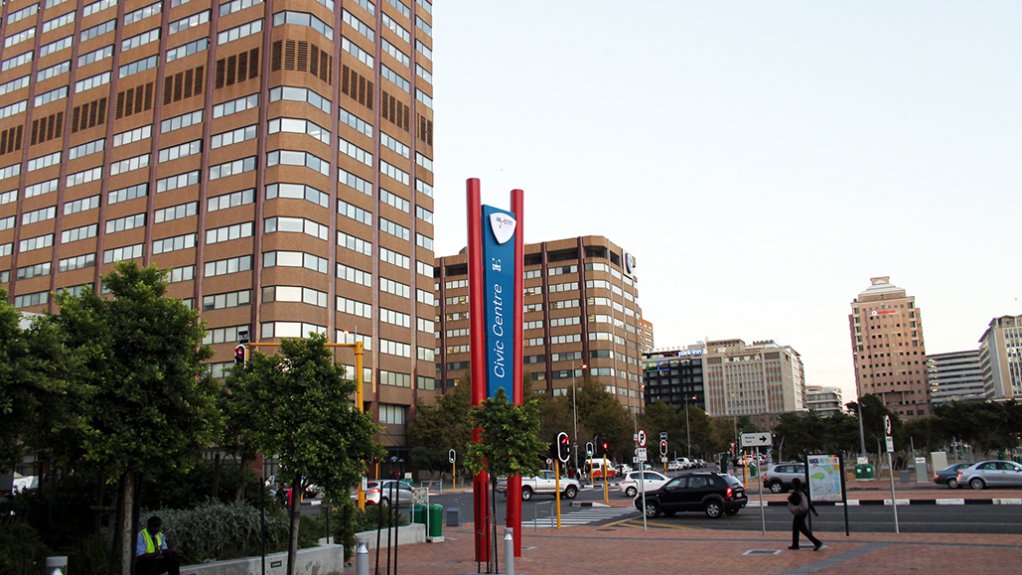
DIANNE DE WET Commercial property owners with properties above 2 000 m2 have been given a two-and-a-half year reprieve to measure their properties’ energy compliance or risk paying fines of up to R5-million and/or face imprisonment for a term not exceeding 5 years
REDEFINING VALUE The South African Institute of Valuers’ current and previous presidents, namely Patrick O'Connell, Dianne de Wet and Malusi Mthuli
QUESTIONS ON VALUATIONS Municipalities’ selection and appointment of service providers with the lowest bid often results in poor-quality valuation rolls as a consequence of lack of good market research and poor data collection
South Africa has fewer than 1 500 registered professionals in residential and commercial property valuation, and fewer than 650 valuer candidates; this demonstrates that property valuation is an untapped career path, says real estate property custodian South African Institute of Valuers (SAIV) president Dianne de Wet.
She refers to the property valuers profession as “the best kept secret”, stating that they are spread “very thin” on the ground.
The gap between the demand for valuers and the number of valuers is so wide that the profession should be declared a “scarce skill” in the country.
De Wet adds that valuers are required to perform various types of valuations for various purposes for the general public, various government departments such as public works and for various companies including those listed on the JSE.
“Most of our valuers come to the profession through other occupations, and more than half of the valuers in this country are older than 55, so when they retire, we’ll be facing a crisis.”
She emphasises that funding for internships and other opportunities should be made available to increase the valuers pool, adding that the institute is targeting schools and attends open days at universities to encourage students to consider this career path, and to advise them about opportunities in the field.
Qualifying as a professional valuer is a lengthy process, but the rewards far outweigh the drawbacks, says De Wet.
A four-year BSc degree in Property Studies is required, followed by about two to three years of working and gaining practical experience under a mentor or SAIV’s branch executive committees under their Mentorship Programme.
Through online and face-to-face interactions with mentors, graduates are guided through practical valuations and report writing to enable them to obtain sufficient experience to be admitted to write the South African Council for the Property Valuers Profession (SACPVP) board exam.
Should the candidate pass the board exam, the candidate is then registered in one of the professional categories based on their academic qualification and experience. A national diploma and the required experience enables a candidate to write the board exam for professional associated valuers.
Valuation Considerations
Numerous factors – such as location, whether the property complies with the zoning regulations and other legal aspects, such as restrictions on title deeds –are considered during the valuation process. Unused bulk, also referred to as developable land on a site, is also considered if there is demand in the market for such further development.
“We look at vacancy rates, operating costs, risks to income flows and sustainability,” she elaborates.
De Wet notes, “for instance, because of loadshedding, solar power is becoming increasingly important. Landlords need generators to keep the lights on. Diesel is costing landlords an absolute fortune. We are also finding that tenants tend to prefer a green building status, even if the base rentals are a bit higher, because commercial properties with green certification reduce costs”.
Valuers also consider future risks in terms of the economy, as this has a medium to long-term impact on value.
An important consideration for commercial property owners is energy performance compliance in terms of the National Energy Act, 34 of 2008, which requires the net energy consumed in terms of kilowatt hours per square metre to meet the various needs associated with the use of the building, such as heating, cooling, lighting, ventilation, water heating, particularly for properties with a total net floor area exceeding 2 000 m2.
The regulations also apply to government buildings exceeding a total net floor area of 1 000 m2. De Wet notes that there are huge implications associated with noncompliance with these regulations with a fine of up to R5-million and/or imprisonment for a period not exceeding five years.
She notes that property owners have been given a reprieve until December 7, 2025, by which time they have to have submitted their certificates to the Minister of Mineral Resources and Energy and, thereafter, display these certificates on their properties.
“But there is lack of verification capacity to deal with all those properties, so we recommend that property owners start the process as soon as possible because the fine for noncompliance is substantial.”
De Wet also advises government to avoid relying on pricing as a determining factor when selecting service providers through tender processes.
“Smaller municipalities rely on a tender process and in my experience, the bids are sometimes so low that no good market research, data collection or accurate valuations can be done at that price.”
Inconsistencies in tender processes often result in poor-quality valuation rolls, says De Wet.
“So, until those procurement policies change, all that we can do is recommend that they make membership of a voluntary association, as well as registration with SACPVP, a requirement for valuers to be appointed in terms of their bid specifications,” De Wet says, noting that in this way, the municipality can at least be sure that the valuer is qualified.
Article Enquiry
Email Article
Save Article
Feedback
To advertise email advertising@creamermedia.co.za or click here
Comments
Press Office
Announcements
What's On
Subscribe to improve your user experience...
Option 1 (equivalent of R125 a month):
Receive a weekly copy of Creamer Media's Engineering News & Mining Weekly magazine
(print copy for those in South Africa and e-magazine for those outside of South Africa)
Receive daily email newsletters
Access to full search results
Access archive of magazine back copies
Access to Projects in Progress
Access to ONE Research Report of your choice in PDF format
Option 2 (equivalent of R375 a month):
All benefits from Option 1
PLUS
Access to Creamer Media's Research Channel Africa for ALL Research Reports, in PDF format, on various industrial and mining sectors
including Electricity; Water; Energy Transition; Hydrogen; Roads, Rail and Ports; Coal; Gold; Platinum; Battery Metals; etc.
Already a subscriber?
Forgotten your password?
Receive weekly copy of Creamer Media's Engineering News & Mining Weekly magazine (print copy for those in South Africa and e-magazine for those outside of South Africa)
➕
Recieve daily email newsletters
➕
Access to full search results
➕
Access archive of magazine back copies
➕
Access to Projects in Progress
➕
Access to ONE Research Report of your choice in PDF format
RESEARCH CHANNEL AFRICA
R4500 (equivalent of R375 a month)
SUBSCRIBEAll benefits from Option 1
➕
Access to Creamer Media's Research Channel Africa for ALL Research Reports on various industrial and mining sectors, in PDF format, including on:
Electricity
➕
Water
➕
Energy Transition
➕
Hydrogen
➕
Roads, Rail and Ports
➕
Coal
➕
Gold
➕
Platinum
➕
Battery Metals
➕
etc.
Receive all benefits from Option 1 or Option 2 delivered to numerous people at your company
➕
Multiple User names and Passwords for simultaneous log-ins
➕
Intranet integration access to all in your organisation











